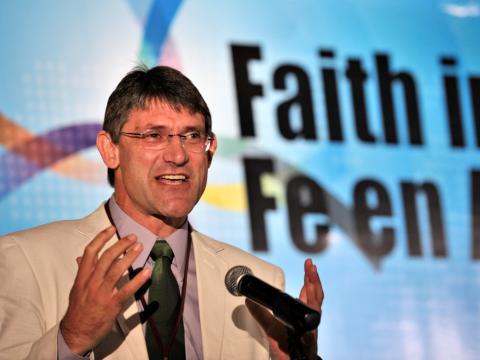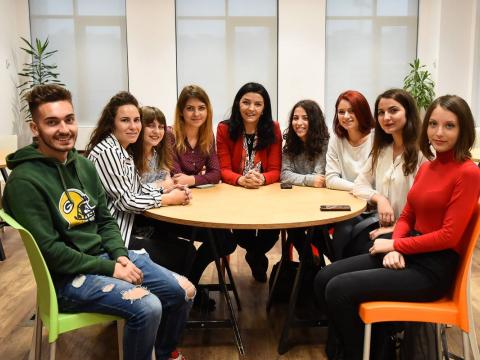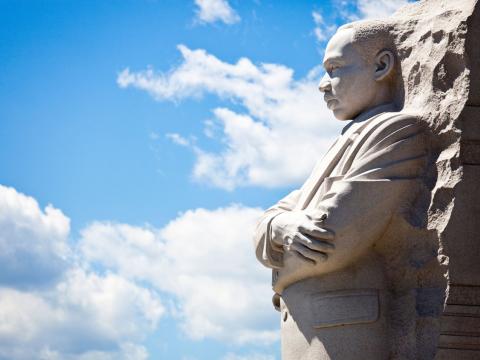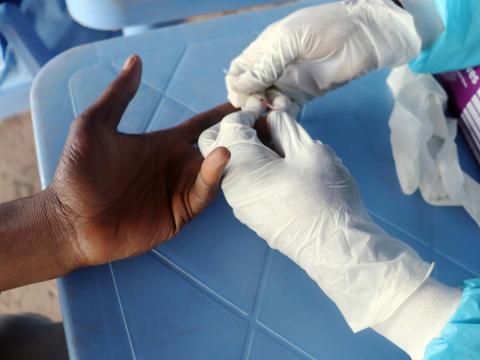
World AIDS Day: A Time to Renew Our Commitment to Ending HIV/AIDS
Eseza Ikedit reminds us on World AIDS Day that eliminating HIV/AIDS is a challenge that requires both science and solidarity
Each year, on December 1st, the world comes together to commemorate World AIDS Day—a day to reflect on the progress made in the fight against HIV/AIDS, honour the lives lost to the disease, and renew our collective commitment to achieving a world free of AIDS.
The theme of this day resonates deeply with the ongoing efforts to combat HIV/AIDS globally. Eliminating the disease isn’t just a scientific challenge—it’s fundamentally a human rights issue. The fight for dignity, equity, and justice is as crucial as the fight for medical breakthroughs.
Progress Worth Celebrating
We have come a long way in the last few decades. For millions, HIV is no longer a death sentence due to antiretroviral therapy (ART). Over the years, prevention strategies—including education, easier access to condoms, and voluntary medical male circumcision, have contributed to a drastic reduction in transmission rates. Mother-to-child transmission has plummeted in many parts of the world thanks to programmes ensuring pregnant women living with HIV receive timely care.
Yet, for all the progress, the fight is far from over.
HIV and the Call for Justice
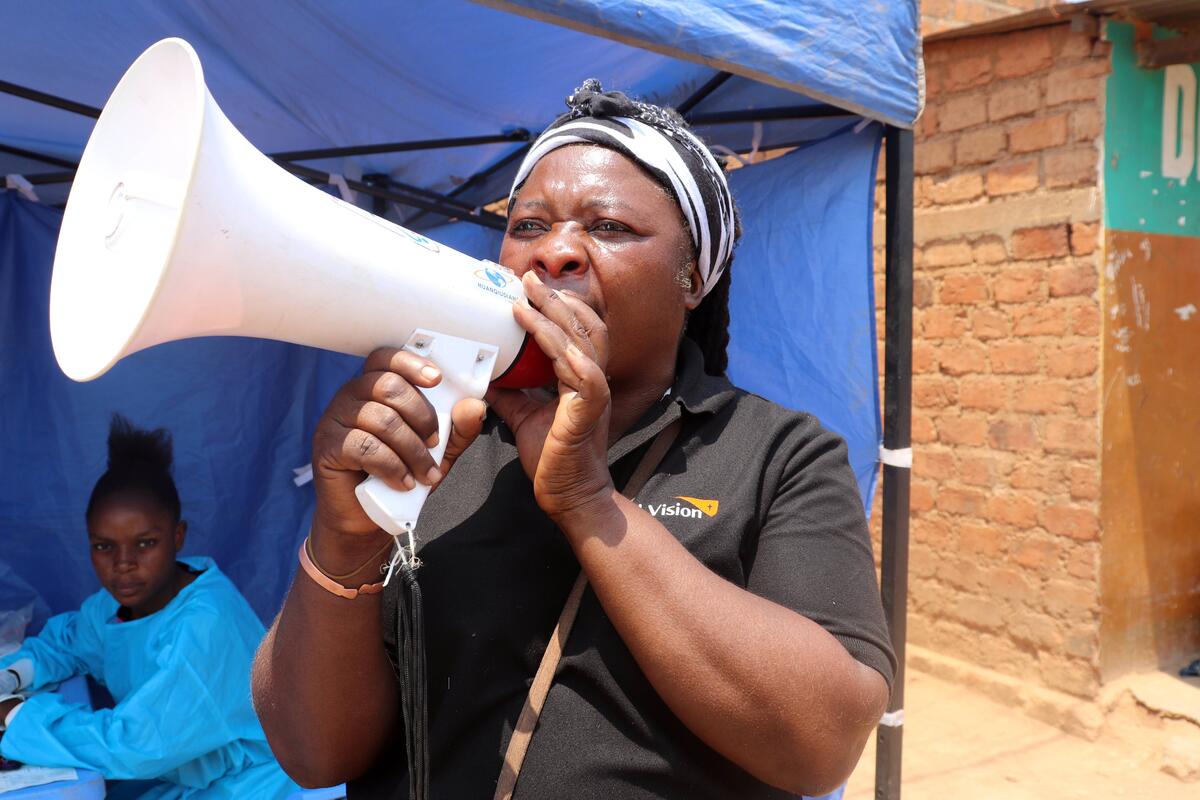
Approximately 40 million people in the world are living with their diagnosis of HIV. Many are not only facing their health challenges, but also carrying a stigma of isolation and discrimination, which adds to creating huge barriers in care. Many individuals, especially key populations and women and girls, struggle to access the support they need due to systemic inequalities that deny them control over their health. It’s heart-breaking to think that these injustices not only lead to new infections but also prevent countless individuals from receiving the compassionate care and support they deserve. The reality is that HIV doesn’t just attack the immune system—it thrives in settings where individuals experience prejudice, injustice, or deprivation of fundamental rights.
In the fight against AIDS, addressing human rights is not an optional add-on; it’s the foundation of success.
Stigma-free environments allow individuals to access testing and treatment without fear. Empowering women and girls reduces vulnerability to infection and transforms communities. Decriminalising behaviours associated with HIV reduces risks and brings key populations—such as sex workers, men who have sex with men, transgender people, people who inject drugs, and prisoners—into care.
World Vision’s Role in the Fight
At World Vision, we understand that achieving health equity is inseparable from ensuring human rights. Every programme we implement is rooted in compassion, justice, and empowerment. Our approach focuses on dismantling the systemic inequalities that perpetuate HIV transmission and ensuring that all people, especially the most vulnerable, have access to care. Through the Channels of Hope initiative, we mobilise faith leaders as champions of human dignity in transforming attitudes in communities where stigma has long prevented people from seeking care. We have witnessed how challenging harmful gender norms and combating stigma open the doors for women and children to gain access to health services. While its impact has been most obvious among these groups, the initiative is inclusive, emphasizes the equal worth and dignity of each human being, and has the potential to benefit additional disadvantaged communities as it expands.
Our programmes also empower youth, adolescent girls, and young women in particular—through education and vocational training to give them the skills needed to build a better future. We address the root structural factors that put people at higher risk of HIV infection through alleviating poverty and promoting gender equality. In 2023, in partnership with the Global Fund, we reached over 750,000 adolescents with HIV prevention programmes and life-skills based HIV education.
Further, we integrate HIV prevention, treatment, and care into more comprehensive health and nutrition services to warrant holistic and sustainable support for the most vulnerable. This is a commitment, not only to save lives, but also to uphold the worth and dignity of every person.
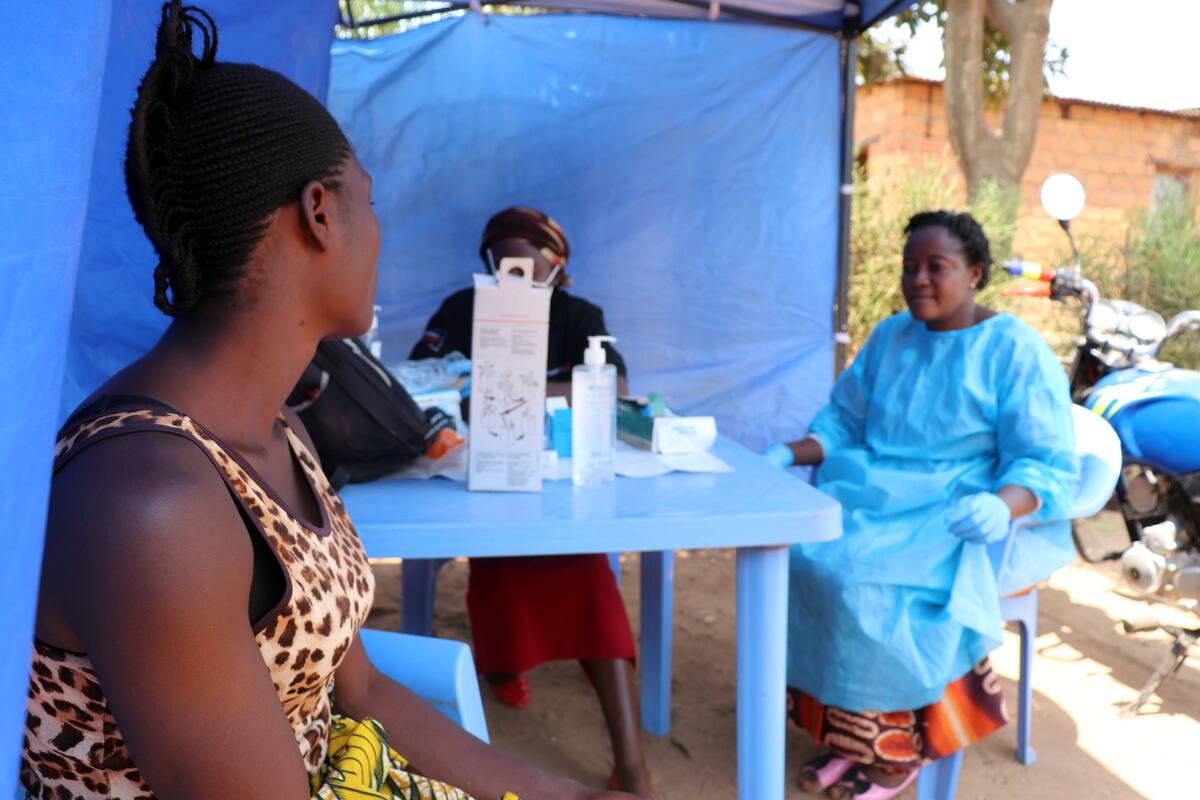
A Call to Action
On this World AIDS Day, let's remember that eliminating HIV/AIDS is a challenge that requires both science and solidarity. It demands action on all fronts: ensuring equitable healthcare access, investment in community-driven solutions, and standing against laws and practices that marginalise the most vulnerable. World AIDS Day is indeed the time for reflection, but more than that, it is actually a call to action. Together, we can ensure that every person living with HIV has rights to health, hope, and dignity. Indeed, placing human rights at the centre of our work can ensure that the vision of zero AIDS will be realised, with justice and compassion prevailing.
Eseza Ikedit is the Resource Development Director for Health and Nutrition at World Vision International.
